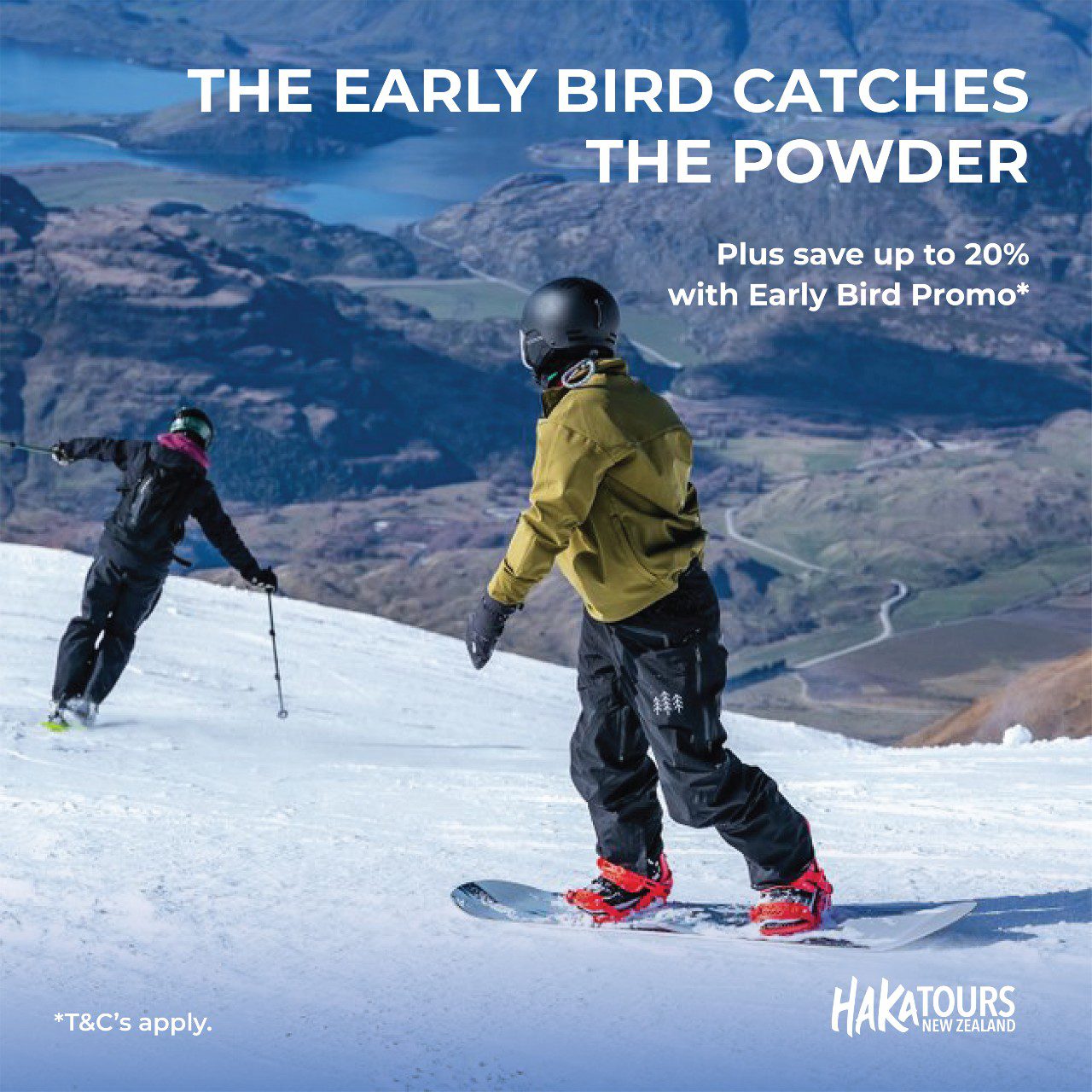There’s never enough time, space, blog posts to reveal all you need to know about Japan. Sometimes you’ve just got to go and figure it out along the way with some advice before you head off. That’s where we come in.
Whether it’s your first or your fiftieth trip to Japan this winter, there are some things you’ll wish you’d known before you’d gone. Hellooooo, Ramen Beast anyone?
Things have changed a lot over the last decade and a half in ski resorts in Japan. More people, more options, more ramen (yes, we’re obsessed).
Thankfully the internet is now alight with tips, tricks and hacks to help you muddle through this crazy land that will have you hooked the moment you touch down.
We’ve got 15 (and then some) things to know before you head out. The rest you’ll figure out as you go because you’ll have to (you’ll understand if you’ve already been).
Cash is king
Not every ski town has an ATM and those that do may only have one and it may not work all the time. Even with more and more businesses accepting plastic you still need to take cash, carry cash, pay in cash, use cash, wash with cash, sleep with cash, just take cash from the ATM in Tokyo or at the airport to have yourself covered.
Send your bags ahead
You’ll hear everyone talking about Black Cat luggage forwarding service. Don’t be fooled, it’s actually not called Black Cat (though it does have a black cat as a logo) it’s the Yamato Transport luggage service and you’ll find it across Japan. You can forward your luggage or ski gear from town to town, airport to town, town to airport and more. It’s fast and efficient.
There’s no pain relief (read codeine)
Anyone who’s broken a bone in Japan on a ski slope will tell you, it’s painful. There’s no green morphine whistle from ski patrol and there will be none of that once you hit the emergency room either (ok, that’s dramatic). Japan has a very strict protocol around the use of certain drugs and pain relief, mainly codeine and if you get the flu, then good luck getting cold and flu tablets that work (though truth is it’s hard to know what you’re taking when everything is in Japanese, even with Google translate).
All we can say, sorry, can’t say, is do, sorry don’t, take your pain relief pills with you. If you want to know the ins and outs of what you can and can’t take with you or get there then read this.
Store your bags
We’ve collated a ton of apps to make life in Japan easier, one of the best is Ecbo Cloak. If you need to store your luggage anywhere while on the road in Japan use this service to store your luggage in post office, train stations, restaurants, hotels, homes and more.
It’s not always powder
Yes, Japan is known for super dry powder snow, but like every ski area around the world, some seasons are better than others. It’s not always days of powder, it does rain and it does freeze but the culture and history and landscape and people will always make up for it when it does.
Travel insurance – make sure it’s right
Speaking of breakage, ensure you’re fully insured for skiing. Not all travel insurers cover backcountry skiing and some consider in resort off piste to be off limits too and we all know where the best powder is. Many resorts are still super strict on where you can’t ski (where the powder is) and many gaijin skiers still ski there any way, which means you will not be covered, so read the fine print. We’ve got an entire unit on insurance for Japan in our Facebook Group.
However fit you think you need to be, double it
You may think you can avoid powder skiing in Japan (not everyone is a powder skier) by staying on the groomed piste but you’d be wrong. When it snows in Japan it snows, a LOT, which means often even the groomers are covered in knee deep snow.
So get fit. Very fit. As fit as you think you need to be and then some fit.
Do an at home fitness program or hit the gym, sit against a wall, burn those quads then burn them again.
What looks like an official ski resort website/social may not be
Unlike everywhere else in the snow world, just because a site has [nameofresort].com as a URL or @nameofresort as a social handle doesn’t mean that URL or social handle is the official resort itself. To find the official resort sites our tip is to go to the site footer and trawl around under About Us to find out who owns the site. Some sites are more transparent than others and state openly that they are not the official tourism or resort site and reveal what their real business is. When you find the right tourism one, bookmark it.
Etiquette matters
This is worth a blog unto itself, so we gave it one.
Apps will help
From translation to finding the best ramen in your region, there is an app for you. We have them all here.
Throw the snow forecast out
Whatever your favourite snow forecast site says, double it. Even snow-forecast.com and opensnow.com don’t always get it right with those curve ball Japan snowfalls. We were in Myoko on a day with a 20 centimetre forecast and bam, 70 centimetres later…
Not everything is super cheap
As westerners have discovered the joy of Japan powder, not all tourism services have remained cheap. Lift passes are still excellent value, even with a strong yen or a weak dollar, ski rental not so much. But the difference is where once you could hardly find a rental shop with any range of good skis in Japan now you can find excellent ski hardware for all skill levels and snow conditions and, even better, they’ll pick up and deliver to your accommodation.
Curfew is still a thing
Some Japanese owned pensions and inns in more remote ski areas may still have a curfew, so check with the hosts at check in. This means that they lock the front door and you cannot get back in if you arrive home after that time. They may have a code for you to use to access the front door but they may also, not and if you arrive back without that code then they may also not answer your incessant and impolite knocks and buzzing.
Wash yourself before entering the onsen
It’s important to abide by local customs, especially while at the Onsen. Wash yourself, Onsen naked, be quiet, the list goes on. We’ve created an Onsen blog post to help.
Write it down
Before you leave where you hope to return (your lodge, hotel, ryokan) get your address written down in English AND Japanese, put it in your phone, in your pocket, tattoo it to your hand. If you get lost, and you will, then you can get a cab and give the taxi driver the address in Japanese.
SIM cards and pocket wifi
You can purchase a pre paid SIM at most rail stations and airports but few know you can also hire a pocket portable wi-fi device if all you’re wanting is data for multiple devices. Apply for it online, pick up at airport or have it delivered to your lodge, use it then return it in person or by mail. Easy as. Try Ninja Wifi, Japan Wireless, FON or Google for more options.
Need more? Alex Parsons has a ton of hacks here too.































